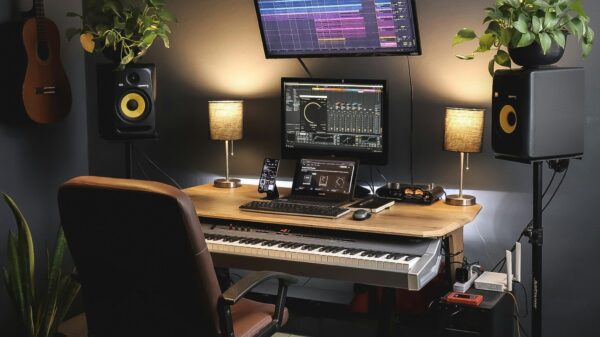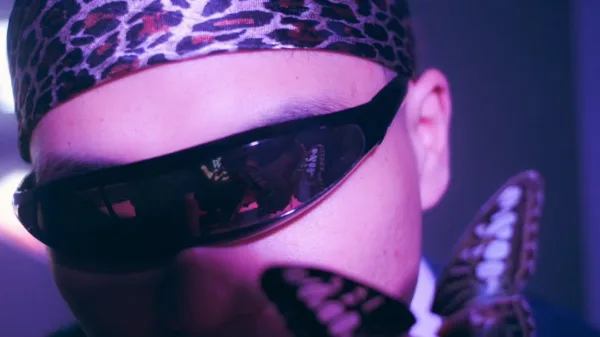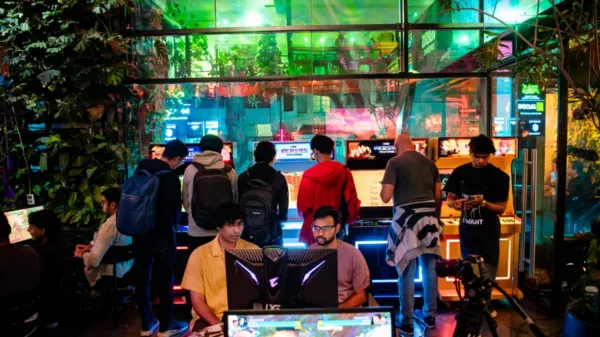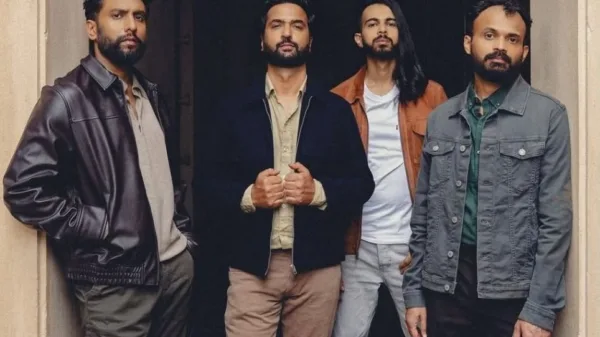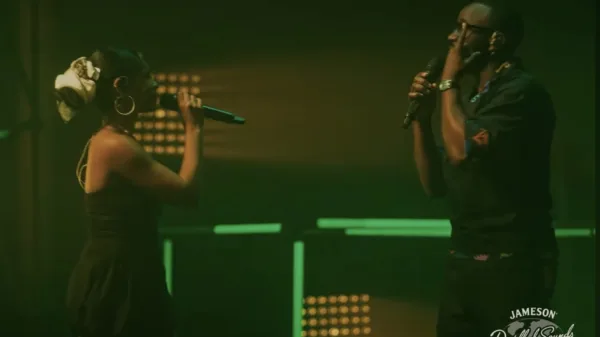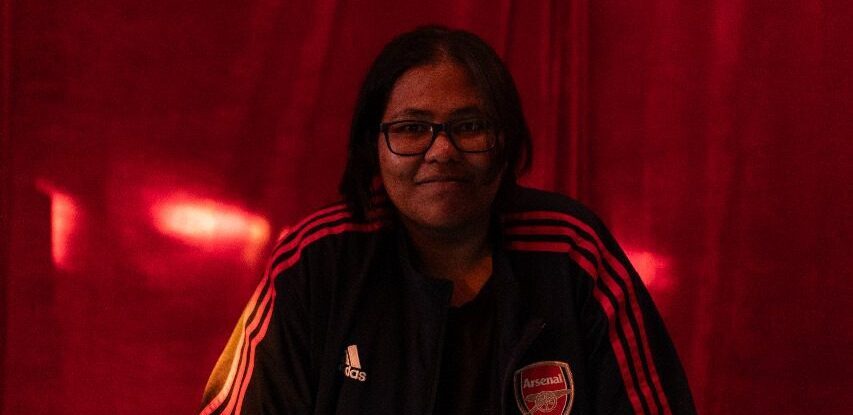When you think about live music, your mind might go to the roaring energy of the crowd, the dazzling stage lights, or the performers in their element. But behind every perfect note and electrifying moment is someone like Brinda Sreenivas—a live sound engineer ensuring it all comes together seamlessly. Hailing from Bangalore, India, Brinda’s journey into sound engineering started with a childhood fascination for those massive consoles seen in music videos.
In this conversation, Brinda dives into the highs and lows of her career, her love for live sound, and the lessons she’s learned along the way, offering an unfiltered look at the world behind the console.
What initially drew you to the world of sound, and how has your passion evolved over the years?
Brinda’s love for music was evident early on, but she quickly realized she wasn’t destined to be a musician. Watching music videos as a child, she was captivated by the massive sound consoles featured in recording studios. “I thought they were just so cool,” she says, recalling how this fascination set the foundation for her career.
It wasn’t until she delved deeper that she discovered sound engineering as a profession. Determined to pursue her dream, Brinda dropped out of college to attend sound school, convincing her skeptical mother that this was her true calling. “I couldn’t think about doing anything else once I figured it out,” she emphasizes.
How did you transition from studio sound to live sound engineering?
Brinda initially envisioned a career in studio sound but stumbled upon live sound by chance. A friend invited her to manage sound for a theater production, and the experience was transformative. “Everything’s in real time,” she explains. “If it sounds bad at that minute, it sounds bad forever.”
The rush of working in the moment, coupled with the dynamic nature of live events, drew her in. Brinda began interning at local venues, gradually honing her skills. “I knew from that first theater show that this is what I wanted to do.”
What does a typical day look like for you during an event?
As a touring FOH engineer, Brinda’s work begins weeks in advance. She ensures all technical aspects, from sound system setup to equipment logistics, are meticulously planned. On the day of the event, she flies in early, oversees the soundcheck, and ensures everything is ready before the artists arrive.
“The artists don’t want to waste time waiting for issues to be fixed,” she says. “I like to make sure everything is in order so they can focus on performing.” After the soundcheck, she returns for the show, where her primary responsibility is delivering an impeccable auditory experience to the audience.
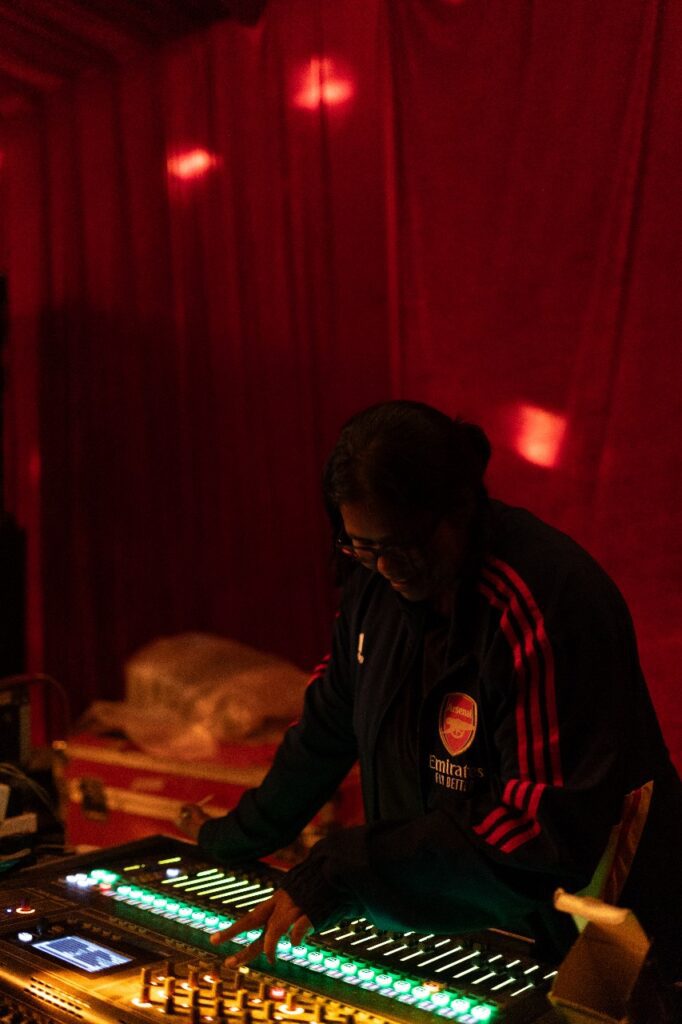
Live sound comes with its share of challenges. Could you share a memorable experience that tested your skills?
Brinda recounts a particularly challenging gig in Ahmedabad, where technical issues and unprofessional vendors almost derailed the show. “The subs didn’t work, and there was no system engineer to troubleshoot,” she says. Despite the chaos, she managed to deliver a performance, calling it a significant learning opportunity.
“This experience taught me the importance of vetting vendors and preparing for contingencies,” she notes. She now maintains a database of reliable vendors to ensure smoother operations.
How do you deal with the pressure of live events?
Preparation is key, Brinda asserts. “If the advance work is done right, there’s less pressure on the day of the event.” However, she acknowledges that dealing with uncooperative vendors remains a challenge. “Sometimes, they don’t take me seriously until a male colleague intervenes, which is frustrating.”
What has been one of your favorite experiences as a sound engineer?
Brinda fondly recalls her first international band, Motopony, which she mixed at The Humming Tree in Bangalore. “They were so easy to work with and didn’t put any pressure on me,” she says. The experience was a confidence booster, showing her the joy of creating a seamless live music experience.
Another memorable event took place in Mumbai, where a well-set sound system allowed her to enjoy the show alongside the audience. “The system was so good, I barely had to touch the console,” she shares.
How do you see the growing independent music scene in India shaping opportunities for sound engineers?
Brinda acknowledges the rise of independent music as a double-edged sword. While it offers opportunities for aspiring engineers to collaborate with indie bands and gain experience, the competition is intense. “Networking is crucial,” she advises. “Speak to artists, make a good impression, and don’t fanboy—it throws off their mood to work with you.”
What advice do you have for aspiring sound engineers and artists?
To engineers, Brinda emphasizes the importance of technical knowledge and networking. “Learn your craft, and don’t hesitate to reach out for opportunities,” she says. For artists, she stresses understanding their equipment and craft. “Know your gear; it makes the engineer’s job much easier.”
What are your future goals, and how do you hope to contribute to the industry?
Brinda dreams of designing her own sound systems, mixers, and mics while continuing her work as an FOH engineer. “It’s tough, but it’s worth it,” she says. Her philosophy is simple: “Do what makes you happy. If it doesn’t, it’s not worth doing.”
Brinda’s journey reflects a simple yet powerful truth: doing what you love can lead to unexpected and rewarding places. With every show she mixes, she’s not just perfecting sound but also quietly proving that skill and determination can speak louder than stereotypes.














